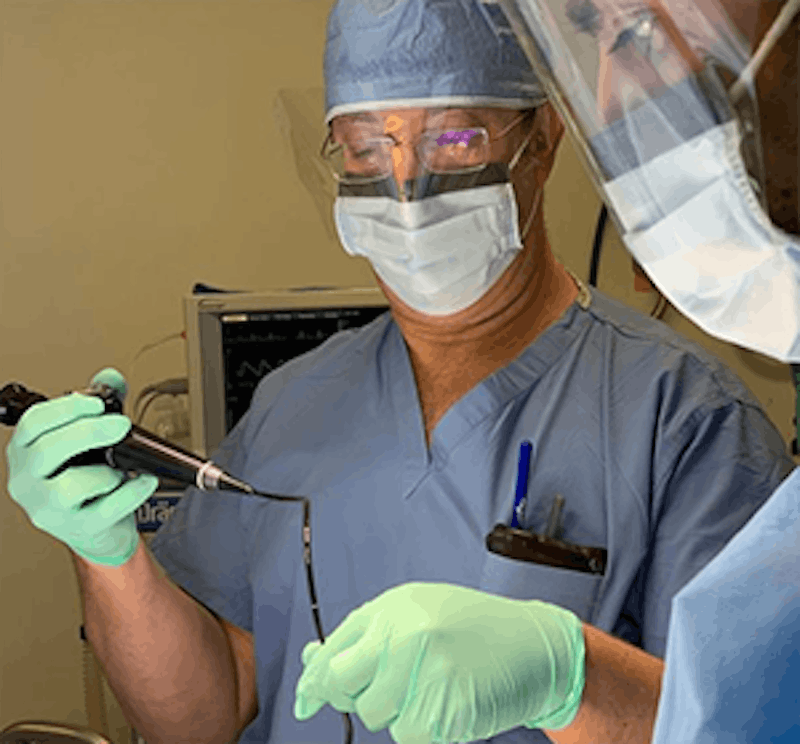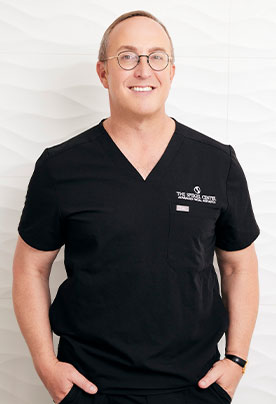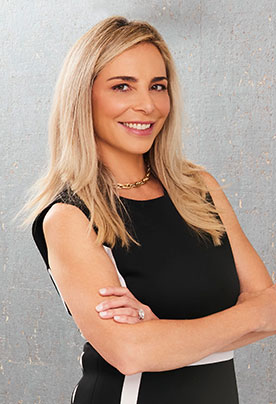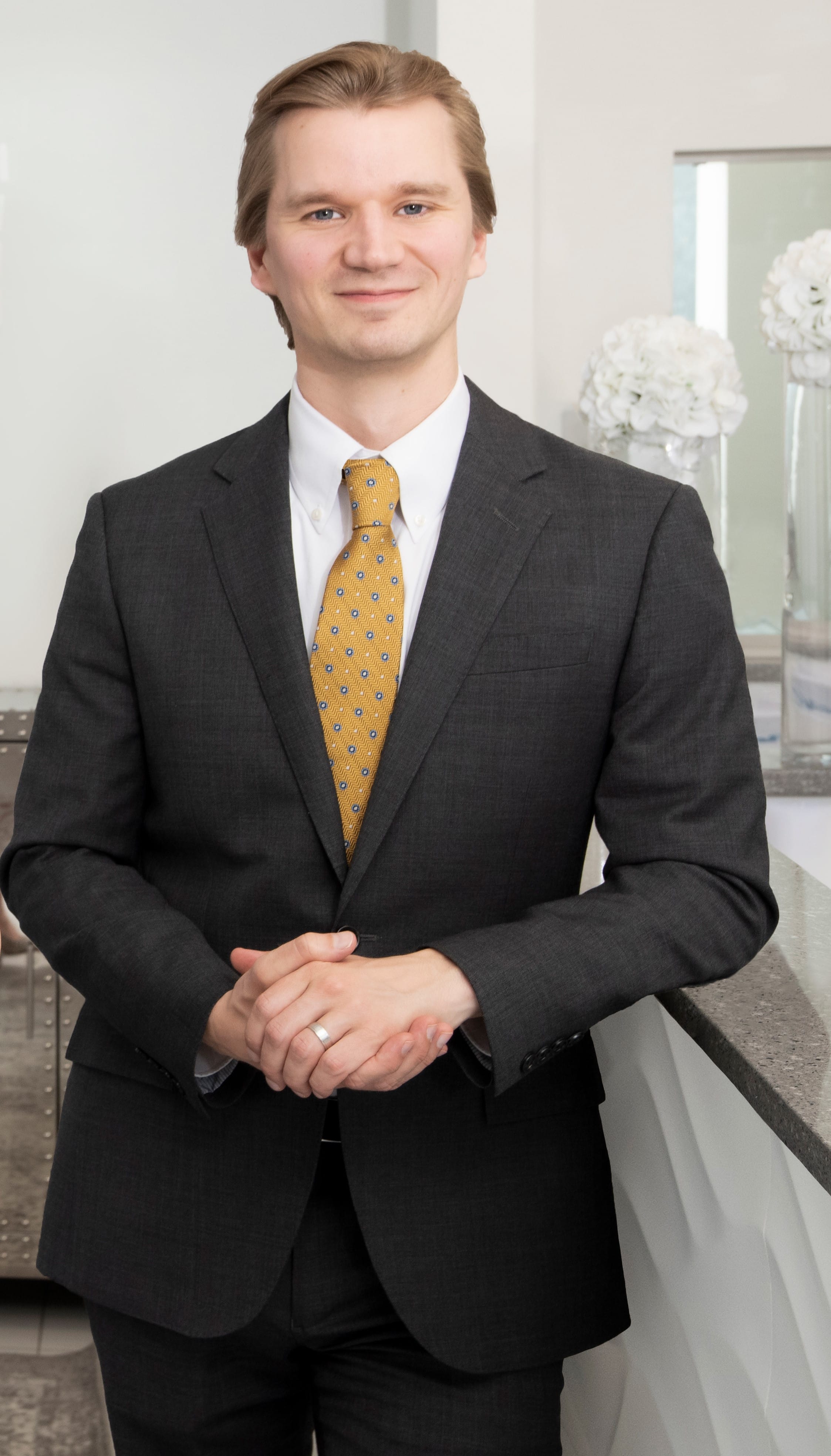
One of the great tragedies of human existence is that we are each born with an empty mind. People can do many things by instinct alone, but the most advanced things need to be learned. You do not enter this world with the accumulated knowledge of your parents. As a result, we go to school for 13 years, followed by college, technical school, professional training, and sometimes graduate studies. As an example, it takes a minimum of 27 years of schooling to do the types of surgeries Dr. Spiegel does, and none of those years of schooling, nor the 21 years of additional experience, are transferred to his children.
So, what happens to all the knowledge and expertise possessed by Dr. Spiegel when he stops working? It’s gone, unless there is a way to pass the knowledge on to the next generation to help them advance.
Dr. Spiegel builds for the future and helps society in three primary ways. First, he lectures frequently. Dr. Spiegel gives lectures to practicing surgeons, trainees, students, and experts from around the world several times each year. Dr. Spiegel helps these doctors understand what to do better, and how to advance. Second, he writes articles and book chapters. These well-read, and frequently solicited commentaries summarize techniques and methods to achieve the best possible surgical results.
Third, and most effective to transfer academic information, is by having an official certified fellowship accredited by the AAFPRS (American Academy of Facial Plastic and Reconstructive Surgery). There are only 40 surgeons across the United States and Camada who are authorized to train a fellow in facial plastic surgery. Fellows are graduated surgeons who have already completed at least 9 years of training after college (4 years of medical school and 5 years of residency in head and neck surgery or plastic surgery) and then apply to be the one individual who is able to spend a year shadowing and watching Dr. Spiegel practice and operate. This highly coveted position is sought out by dozens of surgeons each year and only those with the highest academic, technical, and ethical qualities make the cut.
What does this mean for you, the patient? Every doctor needs an assistant. Most doctors have a high school graduate technician helping them in surgery. This person retracts (hold back tissue), cuts stitches, puts on bandages, and otherwise assists the surgeon to do their work. These surgical assistants are trained to help, but they are not doctors. Dr. Spiegel’s fellows assist him as listed, but they are fully trained and highly qualified licensed surgeons. They ask questions, challenge Dr. Spiegel, and assure that everything is done with the highest levels of safety and quality. The fellow is not the primary surgeon making decisions nor working independently. All decisions, key maneuvers, and important aspects of surgery are done exclusively by Dr. Spiegel. That’s why the results are so good.
By allowing another surgeon to spend a year observing, Dr. Spiegel is improving the future. Already more than 12 surgeons have trained as Dr. Spiegel’s fellows. As a reault, knowledge spreads and the world benefits.
Having a fellow is a lot of work, but it is worth it. And you, the patient, benefit from the confidence of knowing that you have only expert surgeons helping with your care.





